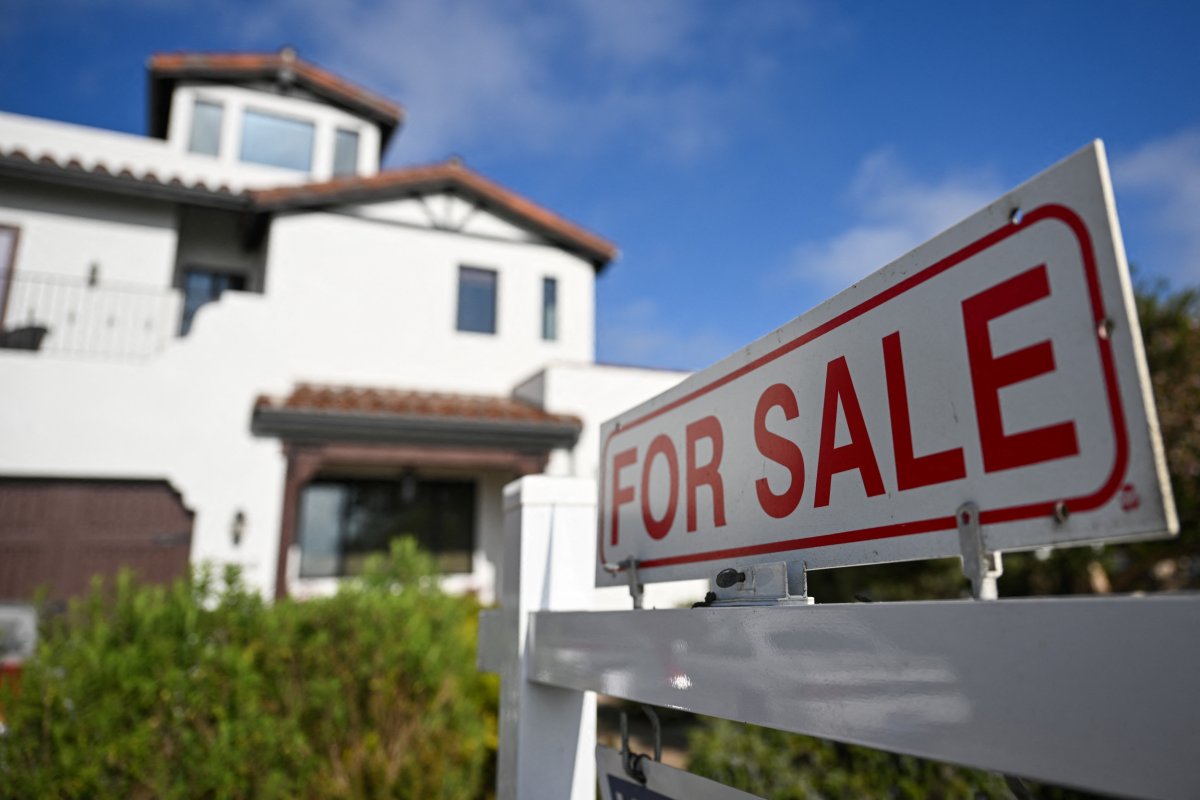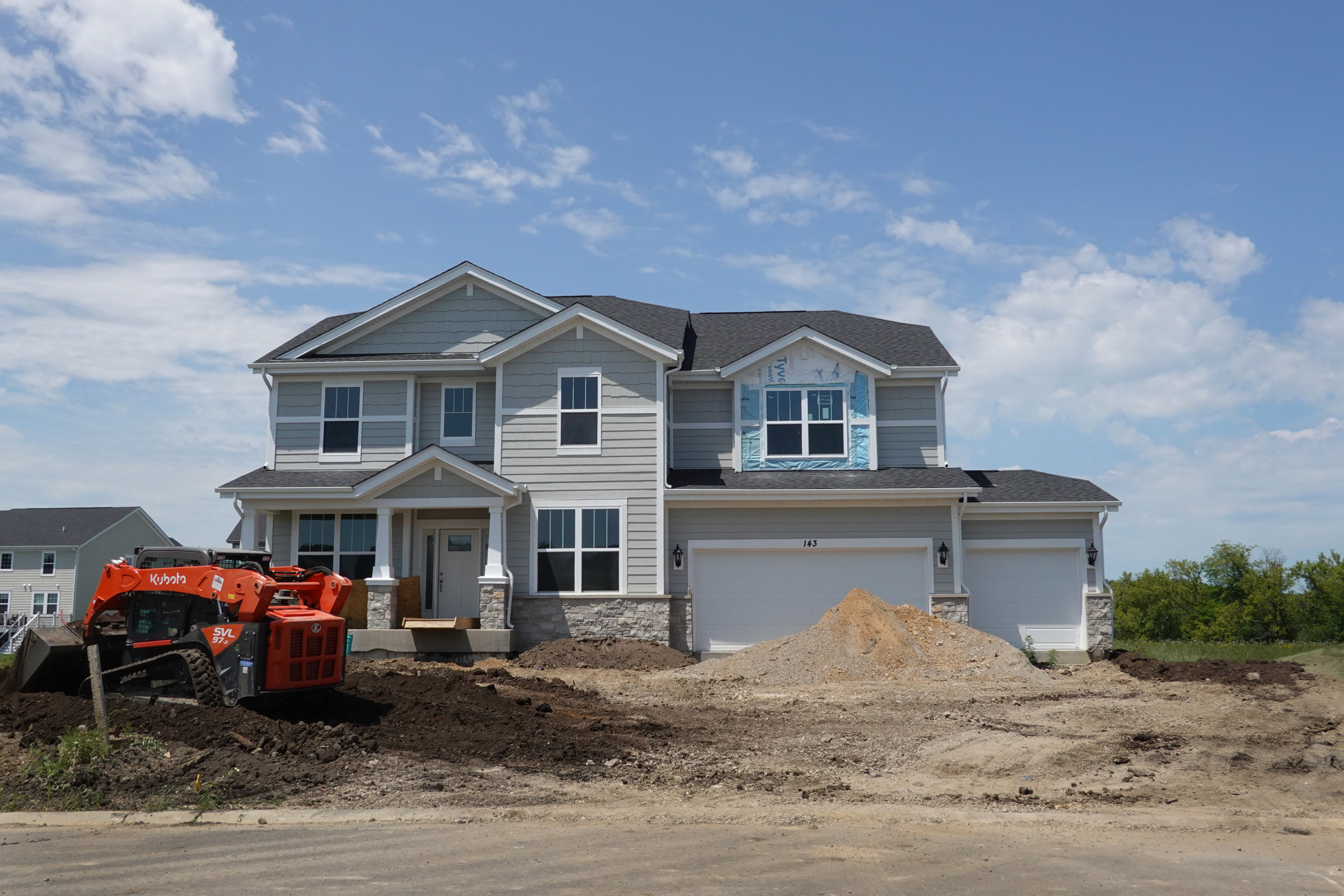Home sales in California are slumping as homeowners struggle to find insurance at a time when many private companies are cutting coverage, refusing to renew policies or withdrawing from the state entirely.
According to a new report from the California Association of Realtors (CAR), 13 percent of realtors in the Golden State had a sales transaction canceled this year because insurance was unavailable or unaffordable. That's double the 6.9 percent reported by California realtors a year earlier.
As California faces the growing risk of more frequent and more extreme natural disasters, including wildfires, policy options have become drastically more scarce and premiums more expensive.
Already struggling to find an affordable home in the expensive California housing market, which has faced 15 consecutive months of year-on-year hikes since July 2023, as reported by Redfin, buyers might be driven off purchasing a property if unavailable to find accessible insurance. In this situation, insurance might weigh more than the price of a home in determining whether a buyer is actually able to afford the property.

The ongoing crisis in the state's homeowner insurance sector has become the leading issue impacting housing and homeownership in the state in 2024, CAR reports. Newsweek contacted CAR for comment and more information by email on Tuesday early morning.
In a statement to Newsweek on Tuesday, the California Department of Insurance said that "the decision to withdraw from or limit offerings in the market is entirely a business decision based on insurance companies' risk tolerance."
Our approach emphasizes that increased availability of insurance is the path to achieving affordability and stability for California's homeowners and real estate market. We are on track to complete these necessary reforms by the end of 2024, and we are committed to building a model that meets today's climate realities while protecting California consumers.
Cancellations and non-renewals have left many homeowners scrambling to get coverage, often having to rely on the state's insurer of last resort, which would offer it to those who can't get a policy in the private market. That's supposed to be a strictly temporary solution, unsustainable in the long term—especially if the numbers of policyholders balloon beyond control.
Insurers are cutting coverage, leaving California or trying to bump up premiums because risks are growing in the state, especially in the areas most prone to fires, and their capacity to make a profit is dwindling.
According to Mark Sektnan, vice president of State Government Relations, American Property Casualty Insurance Association, insurers have been paying out $1.13 for every dollar they've taken in during the last decade.
The state's strict regulation, which is meant to keep insurance premiums from suddenly rising beyond what homeowners should reasonably expect, is partially contributing to the problem. The average cost of homeowners insurance in California is currently $1,250 per year, according to NerdWallet, about 35 percent lower than the national average of $1,915.
California Insurance Commissioner Ricardo Lara has promised reforms around rate change rules by the end of 2024, but CAR recently expressed skepticism about whether this would be enough to offer relief to homeowners—and the housing sector at large.
In August, the state's Department of Insurance allowed Allstate to increase its homeowners insurance premiums by an average 34.1 percent, the largest rate hike permitted to any major insurer in California in the past three years. The immediate impact of these rate hikes, however, is likely to be an additional burden on homeowners and homebuyers in the state.
In a statement to Newsweek, the state's Department of Insurance said that "California is taking unprecedented action to lower risks and enhance insurance availability for consumers. California has committed billions of dollars toward wildfire risk mitigation and has pioneered programs to reward homeowners for making their properties safer from wildfire, which is the first of its kind in the nation. We are actively addressing risk reduction, and it's time for insurance companies to recognize these efforts and step up for California.
"The Department of Insurance plays an essential regulatory role, ensuring companies remain accountable, claims are paid, and consumers are charged no more than is required. However, unlike public utilities, the law does not mandate insurance companies to provide homeowners insurance to all. This lack of mandate, along with outdated regulations under Proposition 103, limits how we can require insurance companies to stay engaged in high-risk areas."
For the first time, according to the department, the state's "new regulations will require insurers to commit to writing more policies in underserved areas. This strategy is already working, as major insurers like Allstate and Farmers have announced plans to resume or expand coverage in California once the reforms are fully implemented by the end of the year."
Newsweek contacted the California Insurance Commissioner's office for comment by email on Tuesday early morning.
Update 10/30/24, 11:50 a.m. ET: This article was updated with a comment from the California Department of Insurance.
About the writer
Giulia Carbonaro is a Newsweek reporter based in London, U.K. Her focus is on the U.S. economy, housing market, property ... Read more




